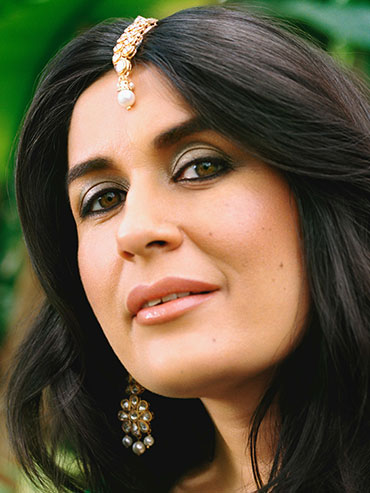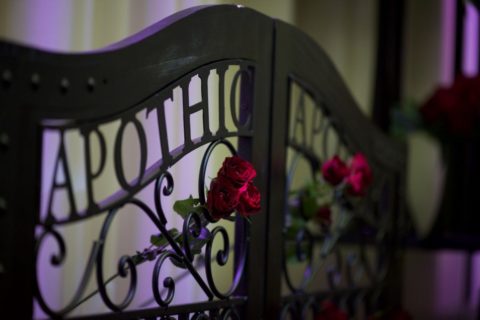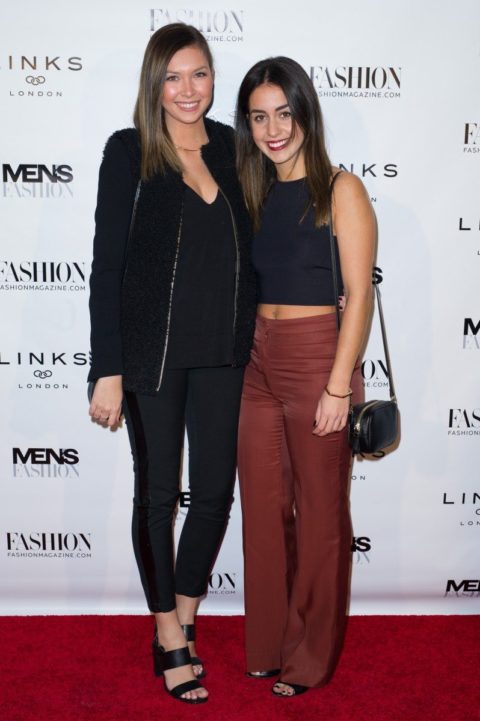Farrah Khan Advocates to End Gender-Based Violence
Farrah Khan Encourages You to be a “Difficult Woman”

FLARE Archived Content
To see the original article, search for it on the Flare archive: https://flare.fashionmagazine.com

“What happened to me doesn’t inform who I am—but the work I was inspired to do, does,” says Farrah. “You can’t get defined by what someone else does to you. You have to define how you react to it.”
Farrah Khan was a curious kid. She is the child of an Indian Muslim father and a Dutch Catholic mother; her parents divorced when she was young. Her mother is a talented maker, crafting everything from the curtains to their clothes by hand when Farrah was growing up. Her father was heavily involved in the community and helped build one of the first mosques in their area. Living in both of these households shaped Farrah’s artistic and political sides while also teaching her that there are many ways to be a family.
In her teens, Farrah turned to advocacy and activism, raising awareness about gender-based violence as a survivor of child abuse herself.
“I couldn’t change what happened to me, but I could change what happened to other people,” she says. “For a long time in my family, there was a lot of shame, and fear—fear that people will reject you, or fear of being seen as tarnished or damaged goods. Being able to talk openly about it and organize allowed me to shift the conversation toward something empowering. Owning the story allowed me to push back.”

For the past twenty years, Farrah has fought for change as an educator, speaker and advocate for gender equity. In her youth, she made zines about sexual abuse and organized hardcore shows, taking the opportunity in between sets to talk about violence against women. In 2018, Farrah was chosen by the Government of Canada to speak with world leaders at the 44th G7 summit as part of the Gender Equality Committee.
“I was there to speak not just as a survivor but as a policymaker. It allowed me to say to these world leaders, if you want your economy to thrive you have to end gender-based violence,” Farrah says.
Art plays a central role in Farrah’s initiatives as a vehicle to connect people around difficult and sensitive topics.
If we say, “come to this event on sexual assault,” they would be like, no way,” she explains. “But if you say, “come to this poetry reading,” it is accessible. Art opens us up to conversations. It allows us to see ourselves and to imagine different worlds and possibilities. We are creating new ways of being.”
Farrah acknowledges that her work is a marathon, not a sprint. She holds workshops and talks all over North American about building cultures of consent and addressing sexual violence. She encourages women to advocate for change and not be hindered by the perception of being a ‘difficult woman’.
“We should not have to put up with such a low bar. Sometimes you will be labelled as a troublemaker. But we are not difficult,” Farrah says. “We want equity. We’re asking for justice. We are asking to heal. Ask for more. Demand more.”
Discover More at Sephora.ca/Belong









